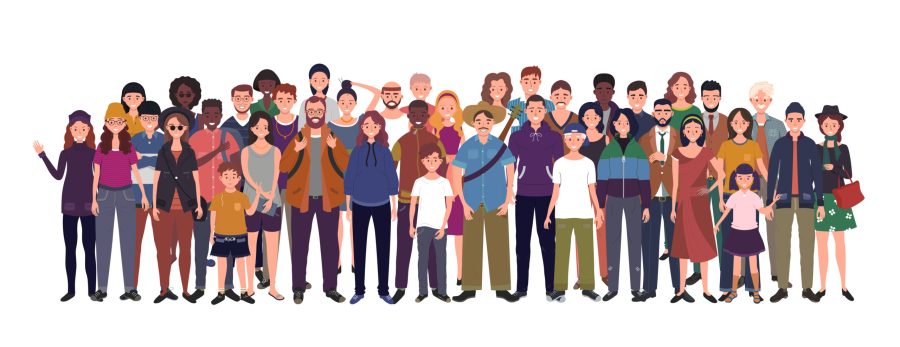
Lessons for Policymakers Building the 21st Century City Centre
IPPO Cities convened a policy roundtable to explore how city policymakers navigate new demands for the city centre as the core of urban life. The event focused on how city centres’ can become more livable, allow slow mobility within, and preserve their cultural identity while climate-proofing their infrastructure. By Henriette Ruhrmann.



